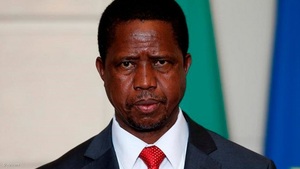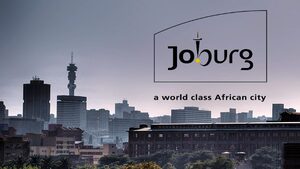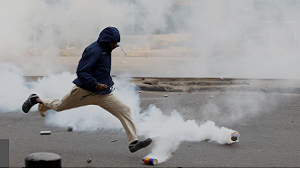The decision has stirred debate across legal and political circles.
Officials from the Ministry of Justice, Constitutional and Religious Affairs argue that the term, which comes from the Macua language, could pose a risk to national unity and ethnic cohesion, values that are protected by both the Constitution and the Law on Political Parties.
But the timing of the move has raised eyebrows. It comes on the heels of a tense post-election period marked by protests and public frustration. Mondlane, a key opposition figure, was at the forefront of demonstrations following the controversial October polls. Clashes between protesters and police turned violent in some areas.
Yakub Sibindy, who heads the Independent Party of Mozambique, criticised the government’s decision, calling it a worrying sign for the country’s democratic space.
“This isn't just about a name, it’s about political freedom,” Sibindy said. “When authorities begin blocking parties over issues like acronyms, it suggests deeper resistance to dissent.”
--ChannelAfrica--













